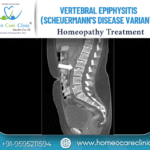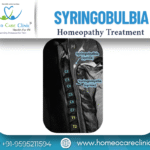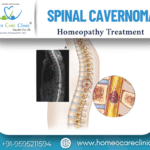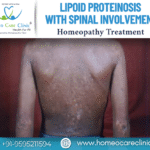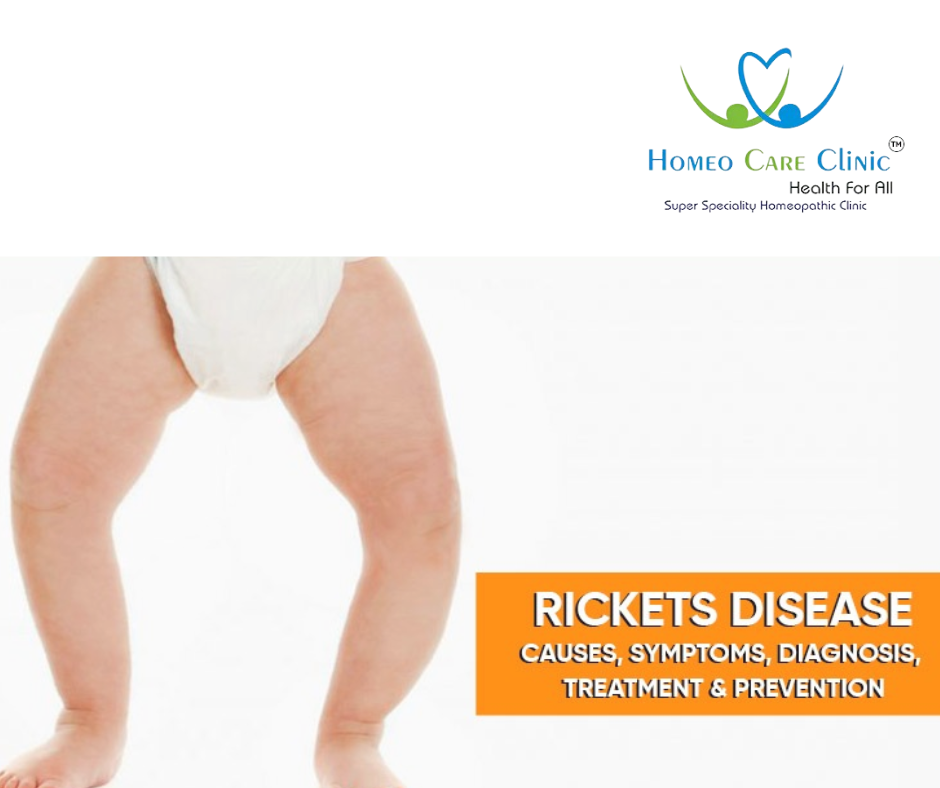Rickets is a skeletal disorder primarily affecting children, characterized by softening and weakening of bones. This condition occurs due to a deficiency in vitamin D, calcium, or phosphate, essential nutrients for bone health.
Causes:
1) Vitamin D Deficiency:
Lack of exposure to sunlight, inadequate dietary intake, or medical conditions impairing vitamin D absorption can lead to rickets.
2) Insufficient Calcium and Phosphate:
Inadequate intake or absorption of calcium and phosphate can contribute to weakened bones.
3) Genetic Factors:
Some genetic disorders affect the body’s ability to utilize vitamin D or absorb calcium and phosphate properly, increasing the risk of rickets.
Symptoms:
Delayed Growth:
Children with rickets may experience delayed growth and development.
Skeletal Deformities:
Bowlegs, knock-knees, or a protruding breastbone are common deformities associated with rickets.
Muscle Weakness:
Weakness and pain in muscles, especially in the legs, can occur.
Bone Pain:
Children may experience bone pain, particularly in the spine, pelvis, and legs.
Delayed Motor Skills:
Impaired motor skills and difficulty walking may be observed.
Preventive Measures:
Sun Exposure:
Adequate exposure to sunlight helps the body produce vitamin D naturally.
Balanced Diet:
Consuming foods rich in vitamin D, calcium, and phosphate, such as fortified dairy products, fish, eggs, and leafy greens, can prevent deficiencies.
Supplements:
In cases where dietary intake or sunlight exposure is insufficient, vitamin D supplements may be recommended, especially for high-risk groups like infants and pregnant women.
Advantages of Homeopathy:
Homeopathy offers a holistic approach to treating rickets, focusing on stimulating the body’s natural healing mechanisms. It can complement conventional treatments and help manage symptoms effectively. Here are five homeopathic medicines commonly used for rickets:
Calcarea phosphorica:
This remedy is beneficial for children with slow bone development and weak bones. It helps improve calcium absorption and promotes healthy bone growth.
Calcarea carbonica is useful for children with delayed growth and weak bones, especially those who are pale, sweaty, and easily fatigued. It aids in strengthening bones and improving overall vitality.
Silicea:
indicated for children with a tendency to develop rickets due to poor assimilation of nutrients. It supports the body’s ability to absorb calcium and strengthens bones and connective tissues.
Phosphorus:
helpful for children with fragile bones, muscle weakness, and a tendency to develop respiratory infections. It assists in improving calcium metabolism and promoting healthy bone development.
Symphytum:
This remedy is beneficial for relieving bone pain and promoting the healing of fractures or deformities associated with rickets. It helps strengthen bones and connective tissues.
conclusion
In conclusion, Homeo Care Clinic offers a holistic approach to treating Rickets. The remedies mentioned above can treat the condition’s underlying causes and offer relief from the discomfort. However, it is important to consult a qualified homeopathic practitioner for the correct dosage and duration of treatment. Homeo Care Clinic provides comprehensive care for various ailments, including Rickets, and offers customized treatment plans based on individual requirements.


